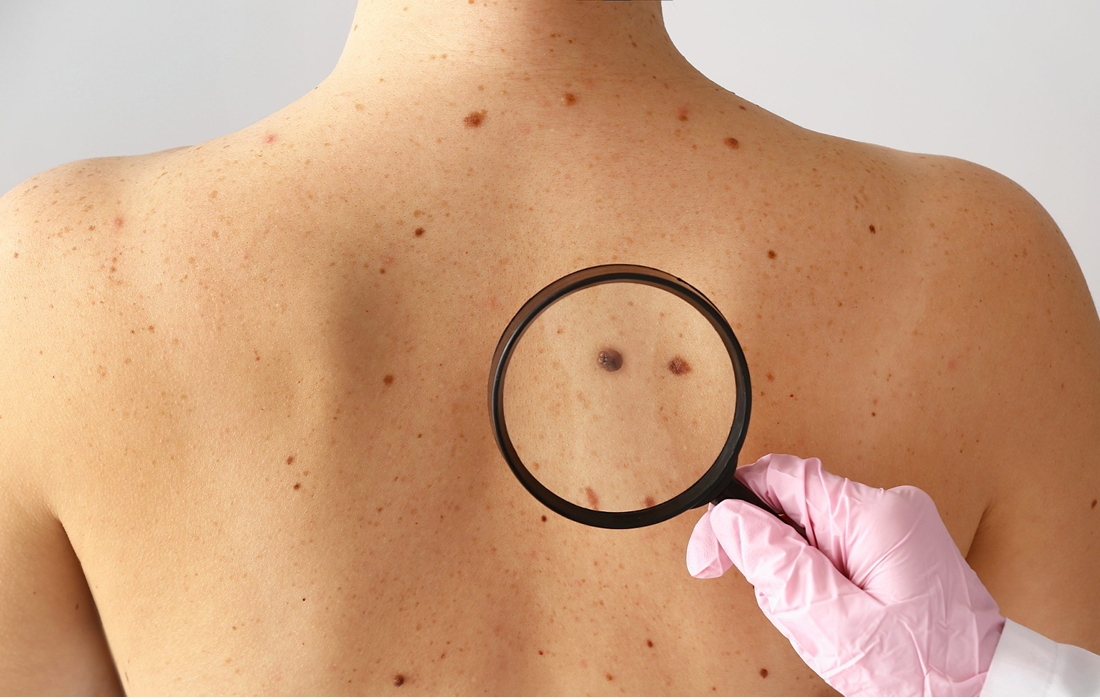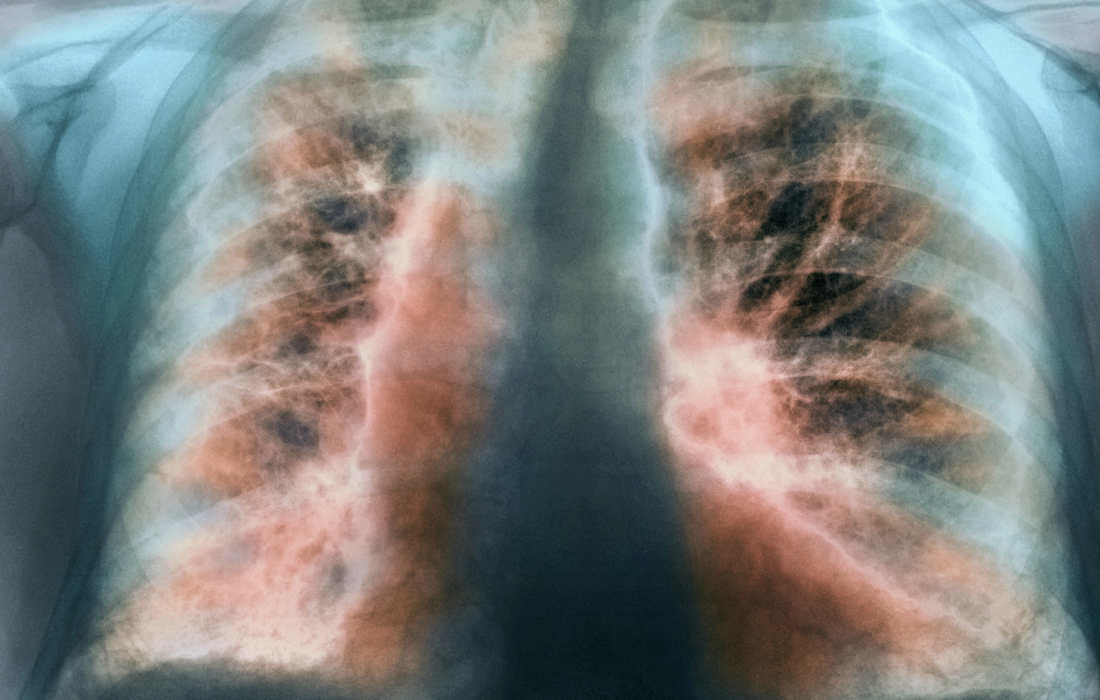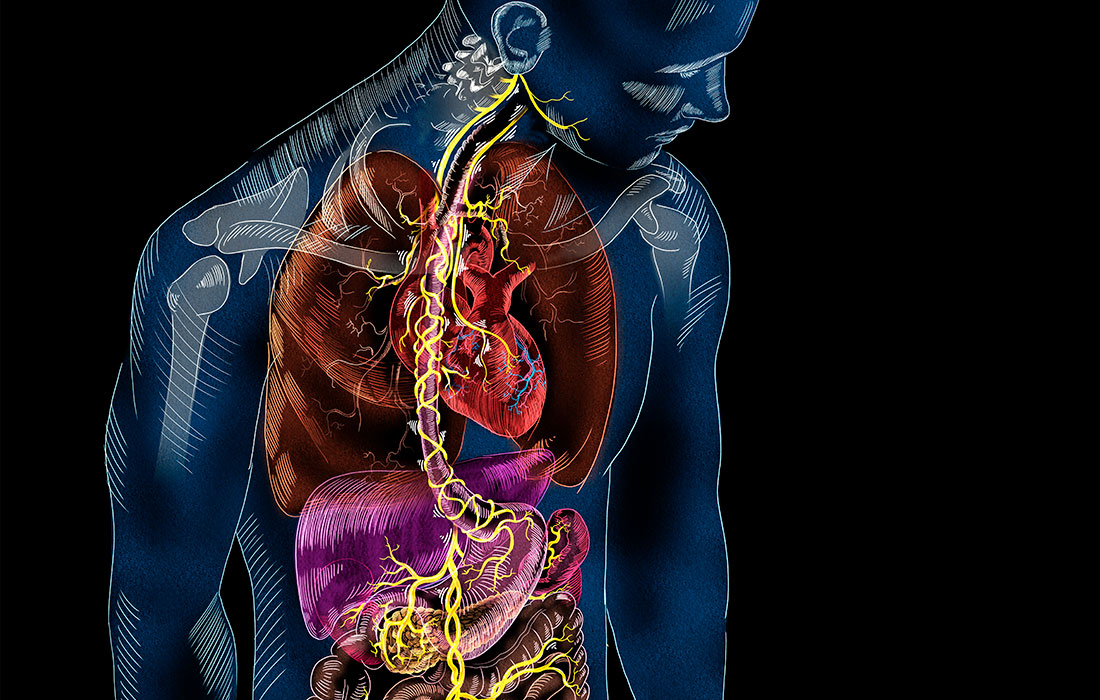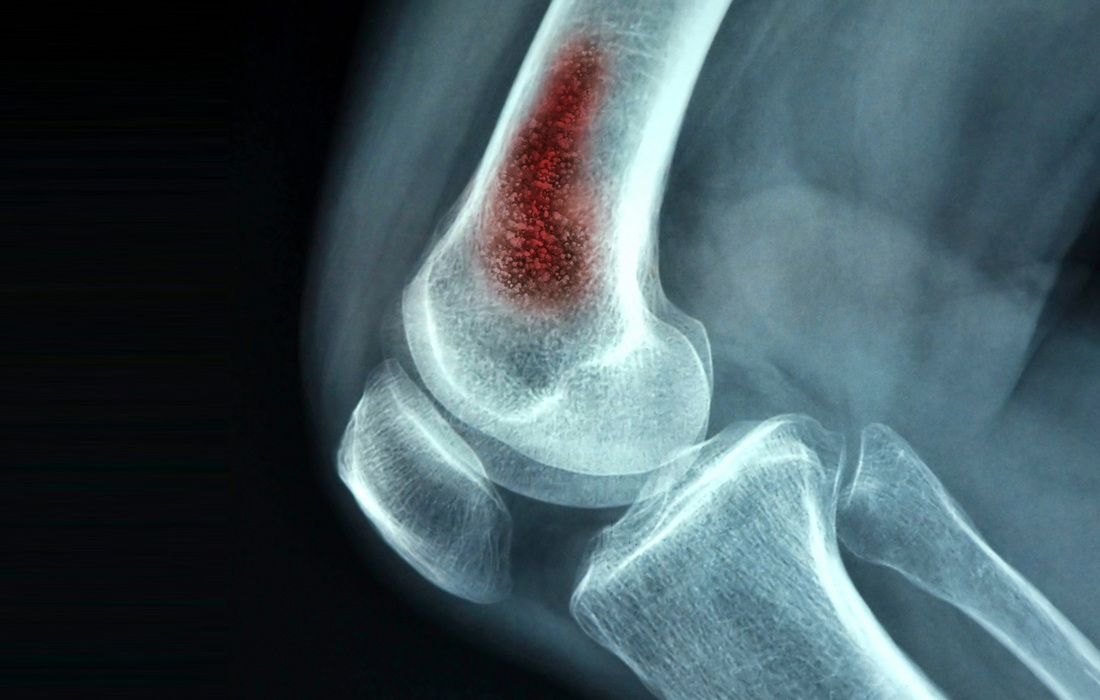Approximately one third of human life is devoted to sleep, emphasizing the vital role of sleep in several physiological functions essential for health. There is also consistent evidence of an association of sleep duration with chronic diseases, such as cardiovascular disease (CVD) and cancer, and with mortality, although there remain a number of outstanding questions […]
Monthly Archives: October 2022
Maternal and paternal exercise are well-established to improve the metabolic health of adult offspring. Tissue and serum metabolites play a fundamental role in the health of an organism, but how parental exercise affects offspring tissue and serum metabolites has not yet been investigated. Metabolites are substances made or used when the body breaks down food, […]
Posttraumatic stress disorder (PTSD) is a syndrome resulting from exposure to real or threatened serious injury or sexual assault. The signs and symptoms of PTSD appear to arise from complex interactions of psychological and neurobiological factors. Studies have found alterations in the amygdala, prefrontal cortex, hippocampus, and anterior cingulate, and corpus callosum as well as […]
A recent study to examine the relationship between different types of grain intake and premature coronary artery disease in the Middle East, researchers found a higher intake of refined grain was associated with an increased risk of premature coronary artery disease in an Iranian population, while eating whole grains was associated with reduced risk. According […]
Pigmentation in our skin is caused in part by a group of substances known as melanin, which are produced by skin cells called melanocytes. When melanocytes are damaged or reduced in number, this leads to either increased or limited melanin production, resulting in pigmentation disorders. Typically, these melanin changes are long term, localized, and uneven […]
Cystic fibrosis (CF) is the most common lethal inherited disease in white persons. Cystic fibrosis is an autosomal recessive disorder, and most carriers of the gene are asymptomatic. Cystic fibrosis is a disease of exocrine gland function that involves multiple organ systems but chiefly results in chronic respiratory infections, pancreatic enzyme insufficiency, and associated complications […]
Epidemics of pain and opioid abuse underscore the need for new nonopioid therapeutics to treat pain. Many nonopioid receptors are involved in pain processing (nociception), but only a few have been validated therapeutically. Of particular interest is the α2A-adrenergic receptor (α2AAR), a G protein–coupled receptor (GPCR) whose activation in the central nervous system has pain-relieving […]
The lung is a highly complex organ; it is responsible for respiration but it also acts as a barrier to exterior pathogens and pollutants. It’s composed of over forty different cell types that make up the three major pulmonary regions: tracheobronchial, intralobar airway, and alveolar. The adult lung is a highly quiescent organ; however, after […]
Neurons that sense pain protect the gut from inflammation and associated tissue damage by regulating the microbial community living in the intestines, according to a study from researchers at Weill Cornell Medicine. The researchers, whose report appears Oct. 14 in Cell, found in a preclinical model that pain-sensing neurons in the gut secrete a molecule […]
Each year, 700,000 people die due to antibiotic resistance. A growing global population unfortunately generates a growing resistance to established antibiotic treatments , a threat that has been met with insufficient funding and dwindling inspiration, as commercial incentives for developing new antibiotics have fallen. New antibiotic approach A new study by investigators from Brigham and […]










